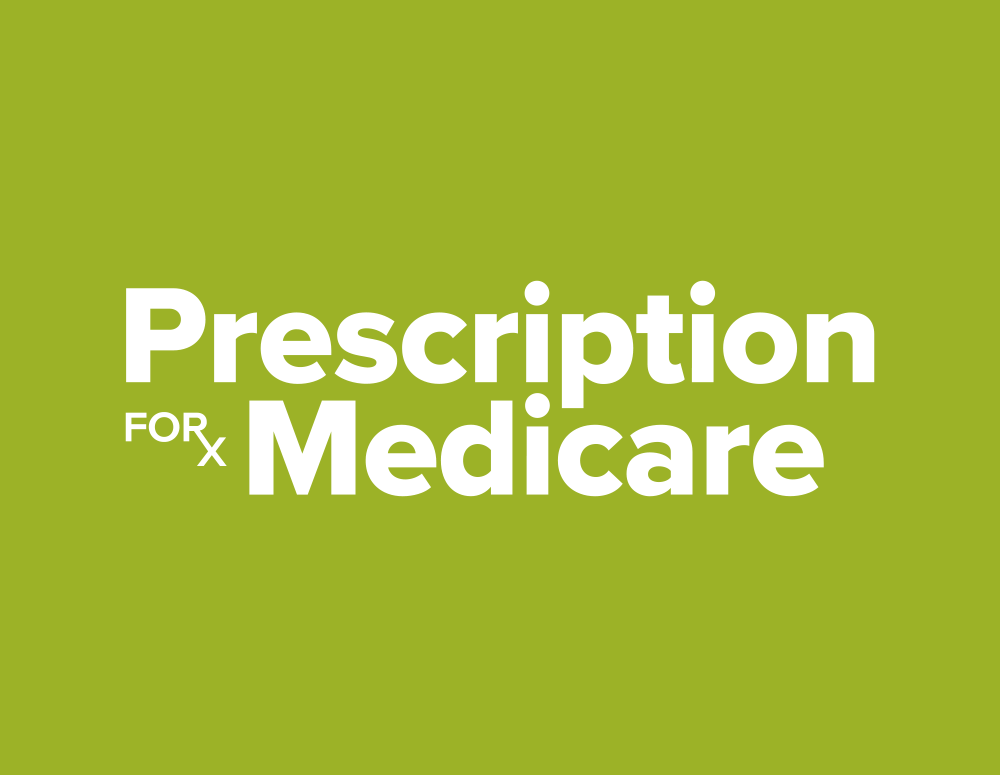A new analysis from Avalere looked at how access to medicines in Part B may be impacted if the government only covered a certain list of medicines, an approach known as applying a national formulary. Unlike Medicare, the U.S. Department of Veterans Affairs (VA) uses a national formulary, and Avalere compared coverage for physician-administered medicines available to veterans through the VA with the 50 medicines with the most spending in Medicare Part B, excluding vaccines. The analysis revealed that only 26 of the Part B medicines – only half of them – are available to veterans through the VA’s national formulary.
For seniors with complex diseases like cancer, rheumatoid arthritis and autoimmune conditions, disruptions in care that would result from a shift to a national formulary could be life threatening. In fact, in 2017, about 1.3 million Medicare Part B beneficiaries took medicines not covered by the VA. These beneficiaries would likely be forced to switch treatments under a government-imposed formulary in order to have their treatment covered. Rather than being forced to switch treatments, many veterans have chosen to pay for supplemental insurance coverage when their medicines are not covered by the VA’s national formulary.
To set its national formulary, the VA is permitted to rely on cost effectiveness analysis. In conducting these assessments, the VA relies on data from internal analyses, as well as outside sources such as the Institute for Clinical and Economic Review (ICER), which often ignore important patient differences and have been widely criticized as discriminating against vulnerable groups, such as the elderly and disabled. These types of assessments are also relied on in the countries referenced in the International Pricing Index (IPI) model to determine government-mandated prices for medicines. ICER has also been mentioned as a potential reference point for a government arbitrator who would set medicine prices.
As some in Washington explore options for government intervention in Medicare Part B – from government arbitration as proposed by the Medicare Payment Advisory Commission to international reference pricing as proposed in the Administration’s IPI Model to creating a national formulary – it’s important to recognize the dangers and implications for seniors’ access to medicines. Given the wide range of treatment options covered today under Part B, any national formulary would cut back on the number of physician-administered medicines made available to seniors through the program.
There are right and wrong ways to change Medicare, and the right prescription for Medicare is one that helps patients. Proposals that could put patients at risk by allowing the government to restrict access to lifesaving medicines are the wrong prescriptions for Medicare.
To learn more about Medicare Part B, visit PhRMA.org/PartB and to learn more about proposals to change Medicare, visit PrescriptionforMedicare.org.



